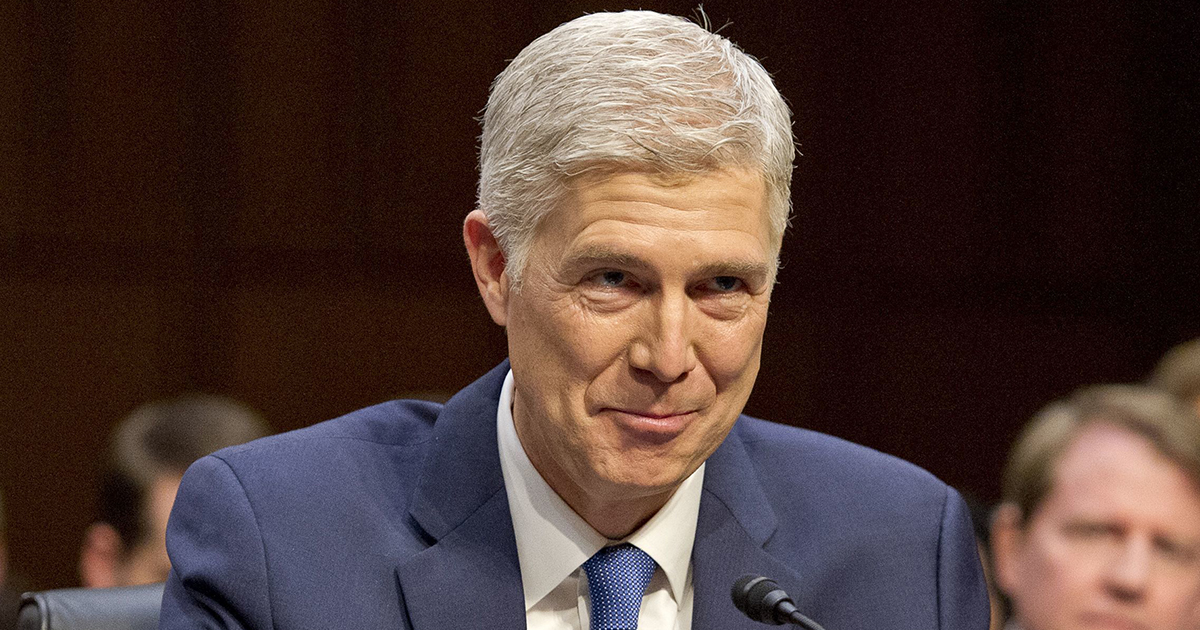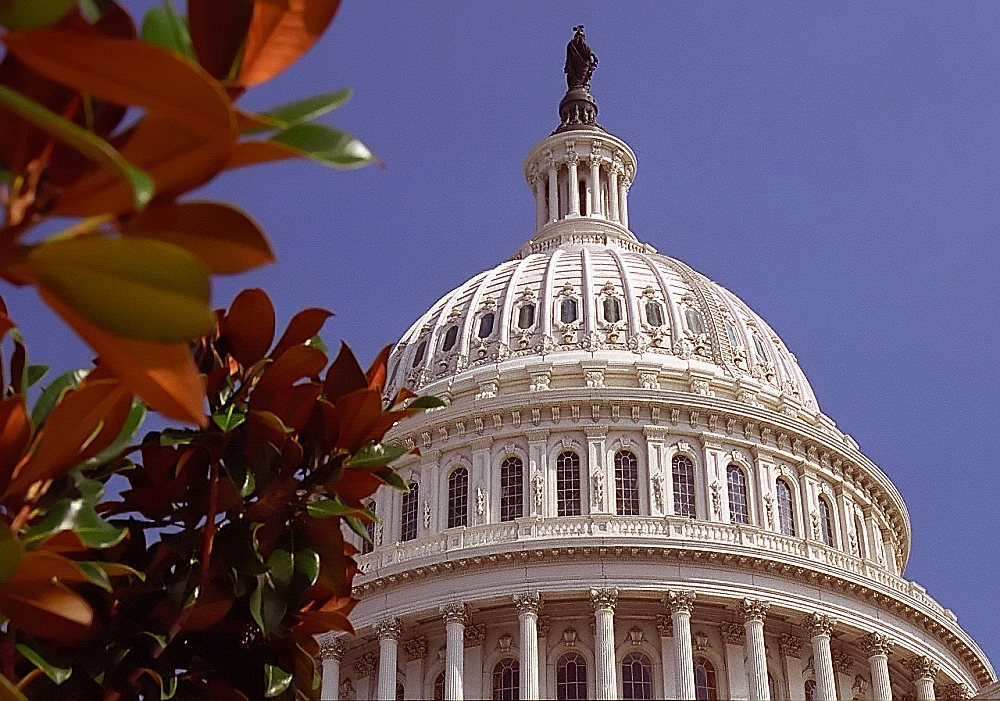How the Nuclear Option Could Be Used in the Near Future

By:
Republicans "went nuclear" on Thursday, invoking a rule change in the Senate that will enable President Donald Trump's Supreme Court nominee to be confirmed with only 51 votes, as opposed to 60.
 AP/Rex Features - apimages.com
AP/Rex Features - apimages.com
Democrats who opposed Judge Neil Gorsuch's confirmation said they would filibuster (or hold the floor indefinitely). Breaking a filibuster requires a super-majority of 60 votes, but Republicans fell short of that vote count on Thursday. (It would have required eight Democratic senators to to vote with Republicans.) The nuclear option will allow a simple majority of 51 votes to break the filibuster and move forward with the confirmation vote.
But the decision to invoke the so-called "nuclear option" has implications that go beyond Gorsuch's confirmation, a constitutional law expert told ATTN:.
"You could see this being sliced and diced," Jon Michaels, a professor at UCLA Law School, said. "These are all institution-made rules — and once you're willing to depart from strong conventions, then it opens up the possibilities: 'Well, we've already defied what the Senate has done in the past, what else can we do in this moment?'"
Michaels said that he wouldn't be surprised if this invocation of the nuclear option emboldened lawmakers to change Senate rules to push through legislation such as health care reform, for example.
"Certainly that is something that I would imagine that Republicans and Democrats on the Hill are thinking about. What are the new boundaries of the Senate filibuster?"
The nuclear option was first used in 2013, when then-Senate Majority Leader Harry Reid (D-Nevada) lowered the vote threshold to break Republican filibusters and confirm federal judges and executive appointees. This year, Democrats witnessed firsthand how the short-term advantages of changing Senate rules can backfire; some of Trump's controversial appointees were confirmed, due in no small part to that 2013 Senate rule change, Michaels told ATTN: in an earlier interview.
 David Ohmer, Flickr - flickr.com
David Ohmer, Flickr - flickr.com
But that rule change specifically exempted filibusters on confirming Supreme Court nominees, which are given lifetime terms. Lowering the vote threshold for these nominees could mean a more ideologically fragmented SCOTUS bench down the road, Michaels said.
"Look for the [next] appointment to be further outside of the mainstream," he said. "That's going to be the critical one."
The Senate voted 55-45 on Gorsuch Thursday, five votes shy of what was required to confirm him. Now that the nuclear option has been invoked, the Senate will return to debate for 30 hours and vote again on Friday. This time around, though, Republicans are expected to have the votes they need.
